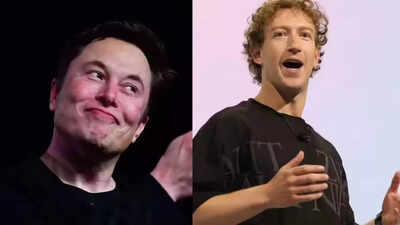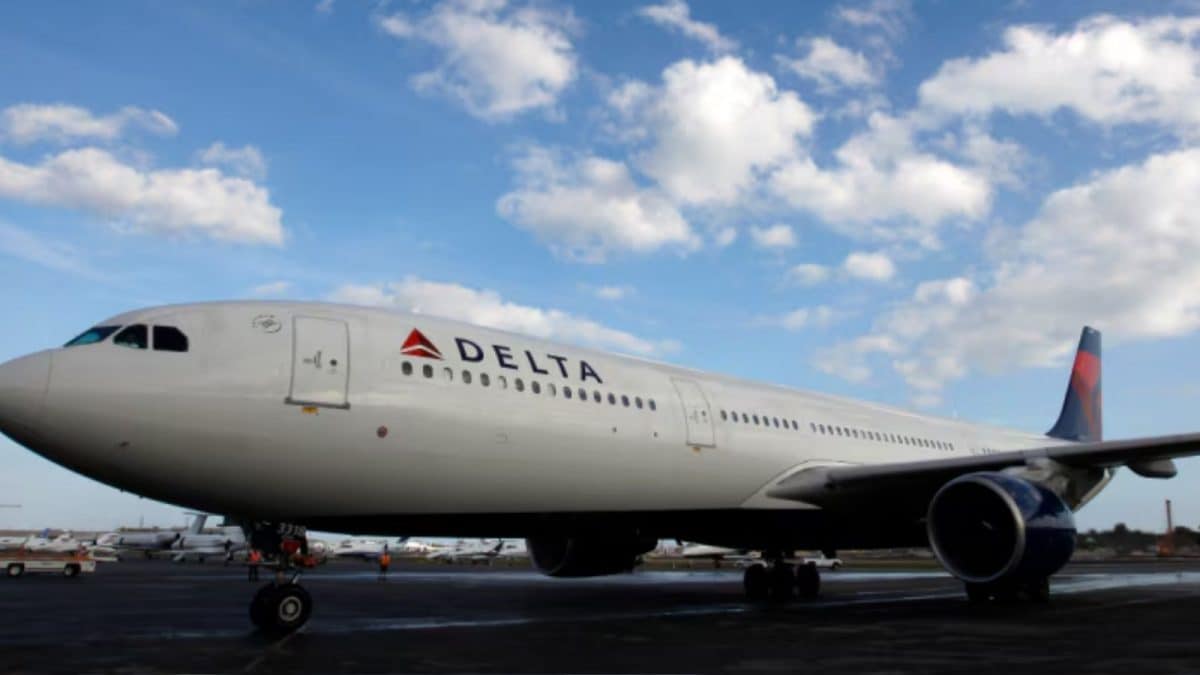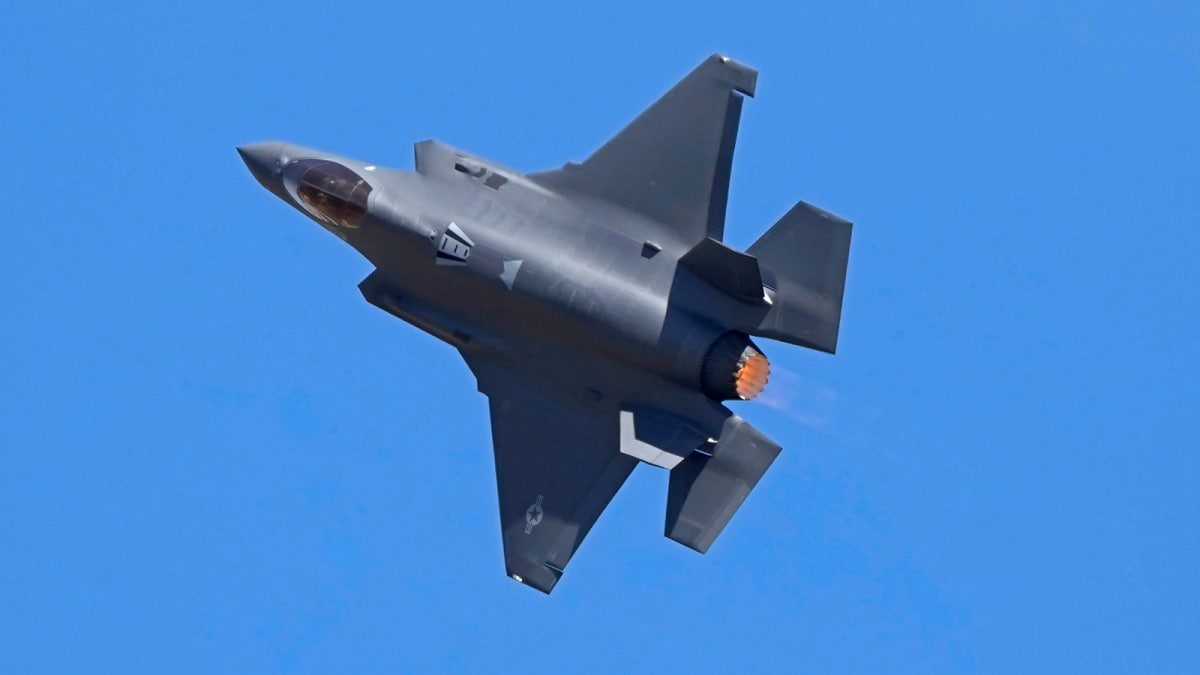ARTICLE AD BOX

Elon Musk and Mark Zuckerberg
Elon Musk has reacted to a post that talks about 2013 Facebook acquisition of Onavo, an Israeli VPN app and claimed that the social media company secretly collected data from over 33 million users to monitor competitors like Snapchat. The post further claims that this spying influenced Facebook’s $19 billion WhatsApp purchase and the creation of Instagram Stories. In 2019, Facebook announced that it would shut Onavo.“Whoa,” Musk reacted to the post which talks about Facebook’s Onavo Protect app. Critics called it a “spyware,” after the free Virtual Private Network (VPN) raised privacy concerns. While VPNs are designed to protect users' Browse activity, Onavo’s connection to Facebook sparked a debate over transparency and data collection.
What is Onavo and how it worked
Onavo is a VPN, a type of service that routes users’ internet traffic through a third-party server. This is a common practice that helps mask people browse from Internet Service Provider (ISP). VPNs can also make it appear as though they are browing from a different location and typically encrypt your data to prevent others from snooping on your activity.Unlike many other VPNs, which can cost a subscription, Onavo was free. However, in exchange for using the service, users reportedly granted Facebook permission to collect all of their mobile data traffic. This meant that while the ISP is left in the dark about app usage, Facebook gets a clear picture. If people used Onavo and spend two hours a day on Twitter, Facebook knew.
Why people were so concerned
The main criticism leveled against Onavo is that Facebook isn't sufficiently clear about its ownership of the app, which it bought for a price estimated between $150 million and $200 million. The app's description in the App Store doesn't explicitly state its connection to Facebook unless users tapped the “Read More” button.“As part of this process, Onavo collects your mobile data traffic. This helps us improve and operate the Onavo service by analyzing your use of websites, apps and data. Because we’re part of Facebook, we also use this info to improve Facebook products and services, gain insights into the products and services people value, and build better experiences,” the full description read.Critics argued that the average person might download the app without ever realising they are granting a company as large as Facebook access to their mobile browsing data. Prominent Apple blogger John Gruber went so far as to call Onavo "spyware."



.png)
.png)
.png)
















 13 hours ago
3
13 hours ago
3









 English (US) ·
English (US) ·